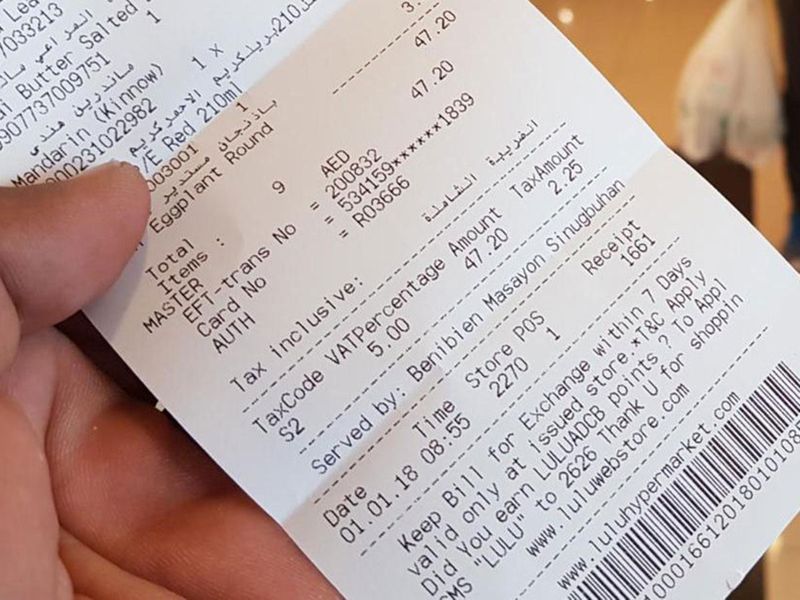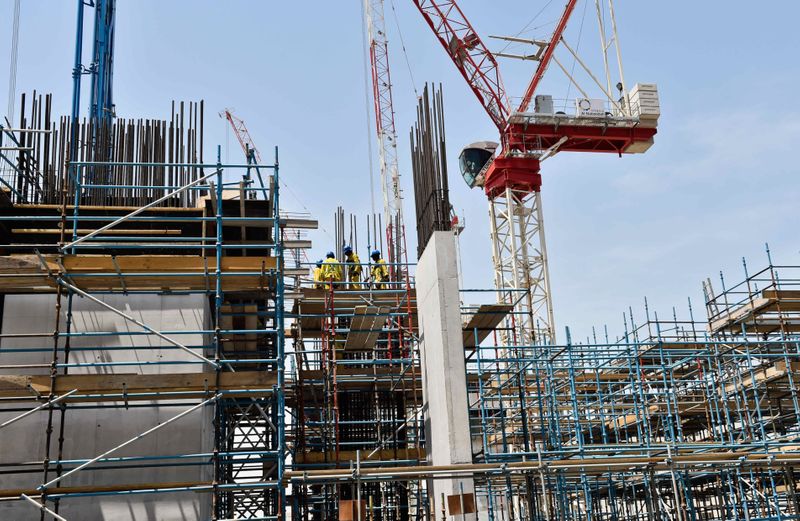
Dubai: No one knows how long it will continue – but UAE businesses are using the dollar’s all-conquering power to place import orders on favourable terms. Whether it’s retailers (ecommerce and brick-and-mortar ones alike), developers with offplan projects, or traders, a strong dollar/dirham compared to other global currencies is helping with their cost of import.
Another big plus that’s been happening almost simultaneously is the dip in freight costs into UAE from its major import destinations. These outcomes will translate into lower costs for UAE consumers across product categories on near-term purchases.
Because the Dollar Index – which measures the currency’s relative strength to other currencies - is right now at 114 plus, and piling on more pressure on the pound sterling, euro, yen, the Indian and Pakistan rupee, and the Chinese yuan. (Of these, the euro, pound, yen, the INR and yuan are at or near all-time lows.)
In recent weeks, businesses in the UAE with regular sourcing arrangements from Asia have been placing extra orders with suppliers there. “At today’s dollar rates, we could get a 10-15 per cent benefit on our import bills for shipments due in November and December,” said a Dubai-based trader of foodstuffs.

While there is some elbow room to change quantities, a drastic change is dependent on whether manufacturers can produce more
Source from euroland
Ecommerce retailers see an advantage sourcing some of the likely bestselling smartphones and gadgets in Q4-2022 lower than their official prices here. With Eurozone markets staring at a bitter winter and a possible recession, local ecommerce industry sources say there will be a sizeable diversion of gadget shipments to the UAE and Gulf markets.
So, will local retailers too be placing higher orders to take full advantage of the dollar’s current levels? “While there is some elbow room to change quantities, a drastic change is dependent on whether manufacturers can produce more,” said Ashish Panjabi, Chief Operating Officer at Jacky’s Electronics in Dubai. “Or if they have more cancellations or reductions in quantities from other regions.
“Whether we take advantage of the dollar really depends on the base currency used for ordering. Some vendors/suppliers for example have a USD price list for this region and euro for other regions. In that case, it may make little difference.”

Food bills will go down
UAE consumers will likely feel an immediate and favourable impact on their food bills – whether sourcing from Asia or Europe (with the euro dropping below parity to the dollar). That’s enough for Dhananjay Datar, Chairman and Managing Director of Al Adil Trading to insist that food prices, especially those brought in from Asia are going to drop once they reach local supermarket and grocery shelves.

There are strong indications that freight prices will come down to $ 100-$150
There is another reason that informs his confidence. “There are strong indications that freight prices will come down to $ 100-$150,” he said. “It goes without saying that as far as UAE is concerned India and Pakistan are two major countries when it comes to food imports, be it fruits, vegetables, rice, spices etc., The strength of UAE dirham has helped to bring down prices at the consumer level here.”
That will be a welcome break for shoppers, who had seen global food commodity prices escalate since March after the setting off of the Russia-Ukraine conflict. Only the more recent relaunch of shipments of grains from Ukraine ports helped bring prices down from the peak.

A mixed bag for property
The combination of lower shipping costs and favourable currency levels should find its way into the building and construction space. On key building materials, supply line disruptions since 2021-21 had led to 15-40 per cent spike in prices at various points during this period.
Will the present thus offer a right break? Farhad Azizi, CEO of Azizi Developments, isn’t sure that it’s as straight-forward an outcome. “As a developer, currency fluctuations are a double-edged sword,” he said. “With the dollar and the UAE dirham becoming stronger, we benefit in the procurement of most of our construction materials. We source these in bulk directly, ourselves, rather than letting our contractors do so, and from European countries mostly.
“While the exchange rate is more in our favour in this sense, property buyer prospects who hold weakening currencies may be deterred from making their purchases. We are, however, also seeing that much like with rising interest rates forcing people to rush into a purchase and secure a fixed rate, a currency’s value decreasing relative to another also entices many to purchase now, to lock in the current exchange rate and prices before the value worsens for them and their purchasing power decreases.”

With the dollar and the UAE dirham becoming stronger, we benefit in the procurement of most of our construction materials
Strong dollar can hurt too
Not all UAE trade-focussed businesses are finding comfort in a strong dollar. The ones reliant on exports as a major part of their revenue stream aren’t. If their pricing gets to be less competitive, their regular overseas clients could park fewer orders or look elsewhere for their needs.
There are many in the SME light industrial space that are feeling the squeeze from the dollar high. “We had to seek more orders from within the other Gulf markets to replace some of the orders we had lost out on because of this,” said the GM at a Sharjah-based manufacturing unit.
Peter Maerevoet, Global CFO and Regional CEO for Asia at Tradewind Finance, is intimately aware of the currency induced trends. He reckons that UAE-based exporters can still ride out this storm.
“In most sectors, it takes a lot of time to change supply base and shopping around based on exchange rate volatility is usually not the best strategic choice,” he added. “However, if this situation lasts for a long time, the UAE-based exporters may appear to have become more expensive than potential competitors in other countries, where currencies are not pegged to the USD.

If this situation lasts for a long time, the UAE-based exporters may appear to have become more expensive than potential competitors in other countries, where currencies are not pegged to the USD
“That risk will have to be addressed proactively and ideally together with the buyers.
“So far, the impact of the strengthened dollar is limited for the local firms we work with. Their buyers don’t usually change their supply base quickly based on volatility in the exchange rates.”
But for UAE-based importers, they are only fixated on the one theme – grab the moment. Because they have the strong dollar-dirham doing part of their work for them.











